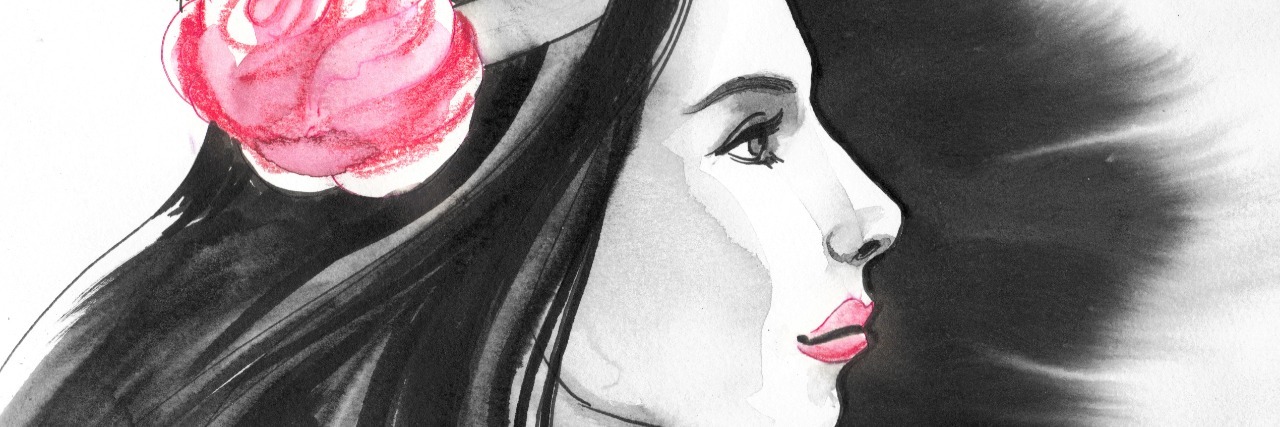What do you get when you cross chronic illness with depression?
You get days of pure sadness, of pure hopelessness, of pain that is both mental and physical.
You get a flood of “what ifs,” coupled with a surge of anxiety that sends you into a tailspin of medical horrors and WebMD searches, with a little bit of “you’re not good enough” and “nobody likes you” on the side.
You get looks of disbelief from people when you tell them you are sick, that you really are struggling – which deflates any tiny bit of self-esteem you managed to rebuild after the last time. After all, nobody likes a liar, and you’re probably just being dramatic.
You get a wave of guilt because you have to cancel plans, call out of work or ask for money to pay for therapy and medical bills.
You get days of wanting to be in bed surrounded by packs of ice and tubs of ice cream, isolating from the world and dreaming of a world where your disease doesn’t exist.
As someone (officially) diagnosed with depression and anxiety in 2009, and as someone who developed a chronic illness in 2010, I am no stranger to what you get when you cross an illness with depression. I am privy to the tears that hit when it all seems too much – when your mood cycles down and your doctor says your disease is flaring up. I am familiar with people trying to help, trying to encourage, yet not realizing how invalidating they might be. “You’ll be fine.” “I’m sure it’ll pass.” “Just get outside.”
I’ll push on, of course, because in the end I don’t have a choice. I’ll make it through the next wave of depression, the next panic attack, the next flare-up.
I’ll make it through, because when you cross a chronic illness with depression, you get a strong, independent woman on a mission to regain control of her life, a woman who refuses to give up everything she’s worked for in her career and relationship. When you mix uveitis and depression, you get a beautiful reality: while your vision may be failing, you can see the world differently, for you’ve done enough therapy to know that you are not your illness, that there is beauty in the pain and that bad things may have happened for glorious reasons.
After years of therapy and medications, and after years of surgeries and doctor appointments, there are many days I still struggle to feel positive and hopeful that the mood cycle will end and the next infusion will work. Yet I know that without the sum of my of uveitis–vasculitis–glaucoma-depression-anxiety, I simply wouldn’t be me.
We want to hear your story. Become a Mighty contributor here.
Thinkstock photo via berdsigns.

